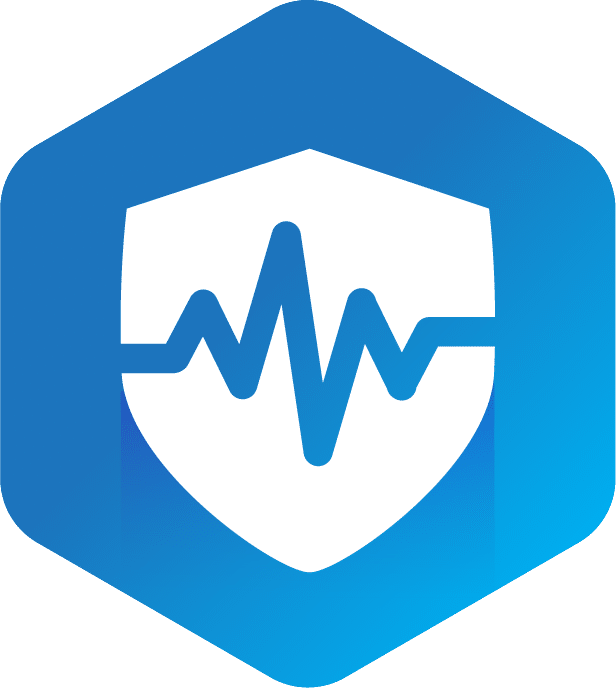HIPAA violations pose significant risks to the security of Protected Health Information (PHI), leading to unauthorized disclosures and inadequate risk assessments. Effective reporting mechanisms, such as whistleblower protections and anonymous reporting systems, are crucial for early detection of breaches. The HHS Office for Civil Rights conducts investigations that can result in severe penalties, including fines and imprisonment. To prevent these violations, organizations must implement comprehensive compliance programs involving employee training, regular risk assessments, and stringent policy enforcement.
Understanding HIPAA violations requires examining the specific actions or omissions that constitute non-compliance with privacy and security rules. Central to this understanding is the role of risk assessments, which identify and evaluate potential threats to the confidentiality, integrity, and availability of PHI.
Effective risk assessments are foundational for mitigating vulnerabilities. Equally important is having an incident response plan that outlines procedural steps for when a violation occurs. This plan ensures timely detection, reporting, and remediation of breaches, minimizing potential damage and legal repercussions. Both elements are critical in maintaining HIPAA compliance and safeguarding patient information.
HIPAA violations can be categorized into several types, each representing a breach of privacy and security provisions:
Each violation not only compromises patient confidentiality but also exposes entities to significant legal and financial repercussions.
Effective reporting of HIPAA violations is critical for maintaining healthcare data integrity and regulatory compliance. Key components of a robust reporting mechanism include:
Robust reporting protocols are essential for early breach detection and fostering a culture of accountability.
The HHS Office for Civil Rights oversees the investigation of HIPAA violations through periodic audits, complaint reviews, and examinations of internal compliance measures. The investigation process involves:
The goal is to ensure adherence to HIPAA standards and mitigate future risks associated with the improper handling of PHI.
Civil penalties, imposed by the Office for Civil Rights (OCR), serve as a deterrent to promote HIPAA compliance. These penalties can range from $100 to $50,000 per violation, depending on the severity, scope, and duration of the violation. Enforcement actions may include:
These penalties underscore the importance of adhering to HIPAA mandates.
When HIPAA violations involve intentional misconduct, criminal penalties can be imposed by the Department of Justice, resulting in fines and imprisonment. The severity of these consequences depends on the nature and extent of the violation. For example, knowingly obtaining or disclosing PHI can lead to fines ranging from $50,000 to $250,000 and imprisonment for up to ten years. The Department of Justice categorizes these offenses into three tiers, from simple negligence to malicious intent, with corresponding penalties.
Establishing a robust HIPAA compliance program is essential for healthcare entities to mitigate risks and ensure regulatory adherence. Key components of an effective compliance program include:
Preventing HIPAA violations requires an integrated approach involving comprehensive risk assessments, employee training, and stringent policy enforcement to safeguard PHI. Effective training programs educate employees on HIPAA regulations and specific procedures for handling PHI. Regular risk assessments identify potential vulnerabilities, allowing proactive measures to mitigate risks. Additionally, stringent policy enforcement ensures that protocols are consistently followed, reducing the likelihood of breaches.
Common HIPAA violations include unauthorized disclosure of protected health information, lack of patient consent, improper disposal of patient records, and failure to provide adequate security measures for electronic health records.
An example of a HIPAA violation is a healthcare provider discussing a patient’s medical information with a friend or family member without the patient’s consent.
HIPAA rule violations are often discovered through patient complaints, internal audits, or investigations by the Department of Health and Human Services.
Consequences can include civil penalties, criminal charges, fines, loss of employment, and damage to an individual’s professional reputation.
Providers can ensure compliance by conducting regular staff training, implementing secure data storage systems, and establishing clear policies and procedures for handling patient information.
Unintentional violations include sending patient information to the wrong recipient, leaving patient records unprotected, or failing to encrypt electronic communications containing sensitive health information properly.
Penalties range from fines of $100 to $50,000 per violation, civil monetary penalties, and potential imprisonment for criminal violations.
In healthcare, HIPAA violations undermine patient trust and system efficacy. Vigilantly protecting Protected Health Information (PHI) is paramount. Failure to secure PHI invites severe civil and criminal repercussions. Through meticulous compliance programs and policies, healthcare entities can fortify their defenses, ensuring adherence to HIPAA standards and safeguarding patient information.

